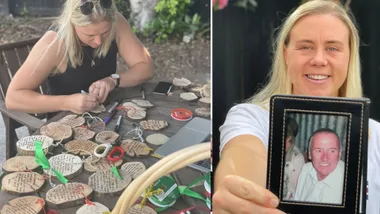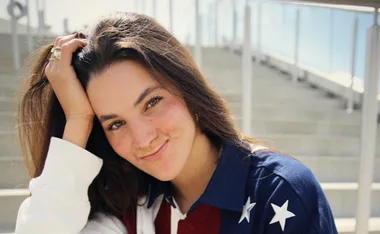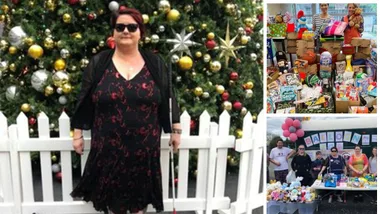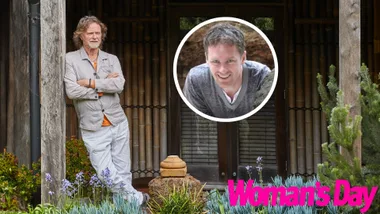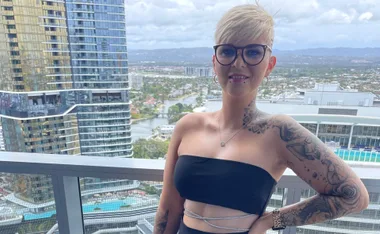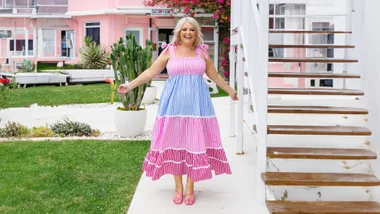Could you kill your own children? Could you shoot them in the face? Drown them in the ocean? Cut their throats?
No, you couldn’t. Of course you couldn’t.
The very thought, the very idea, is appalling to you. Horrific. Unthinkable. Never, never, never.
But some people can, and some people do, and for most of human history, those people – child killers – have been reviled, then executed, or locked up for life.
Not anymore.
The trend, or the fashion these days is to extend sympathy to people who kill their kids.
Some say it’s a good thing. We as a community are now so enlightened and informed about mental illness that we feel not revulsion but empathy when somebody does something horrendous.
This trend is most evident when the murderer takes his own life, as well as that of his children.
He – or she – won’t be called a monster.
On the contrary, in recent years, hundreds of articles have been written about great fathers who adored their kids, right up until the moment they murdered them, believing this slaughter to be for the best.
Does that sound surreal?
It shouldn’t, because it’s happening right now: according to media reports, Damien Little last week deliberately drove his car off the end of a pier, with sons Koda, 4, and Hunter, 10 months, trapped inside.
Damien left a suicide note on Facebook.
He also left a rifle in the car. Nobody knows why. Maybe Damien – great dad – was planning to shoot his sons, but decided to drown everybody instead?
A coroner will have to look at the case, before anyone can say for certain.
What is known is that family members gathered on the pier earlier this week, to raise a toast with cans of whiskey and cola, and bottles of beer.
They have also thanked the media for what they described as ‘sympathetic’ and ‘supportive’ coverage of the murder-suicide.
The response was similar when Geoff Hunt, 44, shot and killed his wife, Kim, and their three children on the family farm in Lockhart last September.
In that case, the NSW Coroner, Michael Barnes, found that two of Hunt’s children were probably asleep when he murdered them, but not his daughter, Mia, who was just eight years old when she died.
The way her body was found suggests that Mia was sitting bolt upright, with her back against the headboard of her bed, when her father shot her in the middle of her forehead.
Hunt’s wife, Kim, was also shot in the face, yet much of the sympathy was for her husband (although not, it must be said, from the Coroner, who described the murders as ‘outrageous’ and ‘inexcusable’ and – lest there be any doubt – as ‘the absolute worst of crimes.’)
It’s all very different from the treatment given to Robert Farquharson, who drowned his three sons in a Victorian dam a little over a decade ago, and indeed to Arthur Freeman, who threw his daughter, Darcey, off the Westgate Bridge.
There was no sympathy for them, so what has changed, in ten years?
For sure, we know more about mental illness, and many people are sympathetic to those who suffer.
But two other things about the cases are different.
Both Robert Farquharson and Arthur Freeman were separated from their wives and what they did looked for all the world like revenge.
Also, those killers didn’t kill themselves. Both faced court. Both were sentenced to life in prison.
This, then, is the dangerous message we are now sending to the community:
Kill your kids but not yourself, you’ll spend the rest of your life in jail.
Kill your kids and take your own life, and hundreds of sympathetic people will come to your funeral, and maybe even raise you a toast.
Caroline Overington is an author and columnist for The Australian Women’s Weekly.
For support and information about suicide prevention contact Lifeline on 13 11 14.



